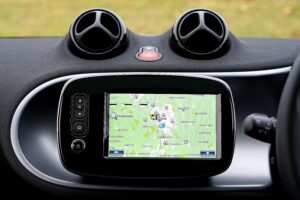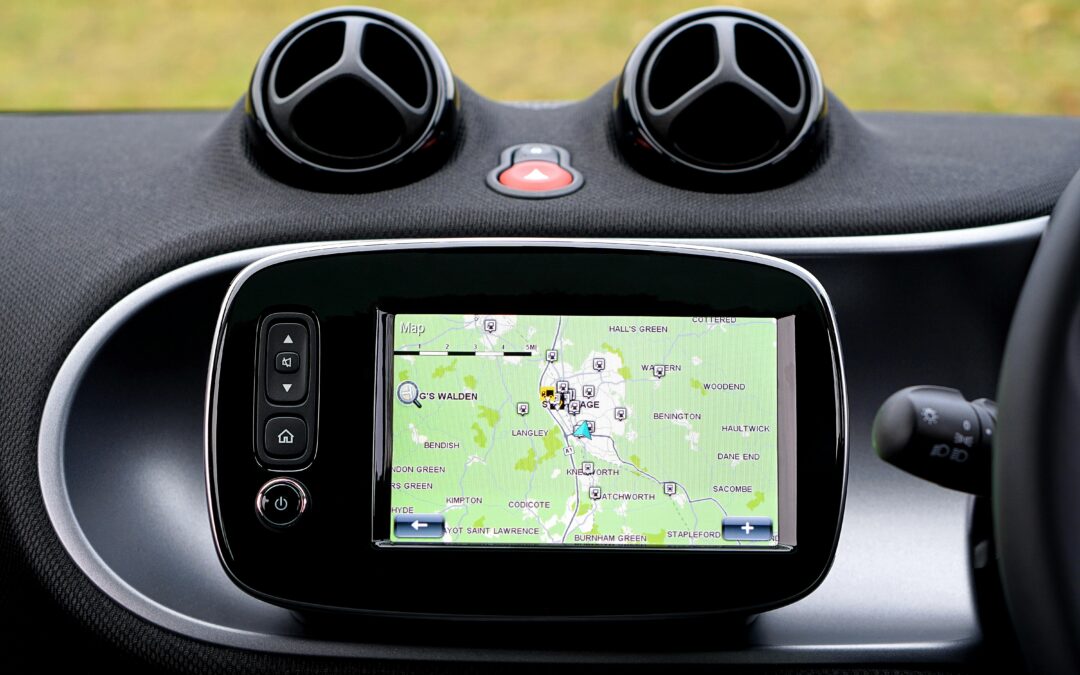Just a trip down memory lane before I get into the blog post. But don’t worry, this is related: Hey Jamaica, NY agents (and any agent, regardless of location), have you heard of MileIQ? If not, let me share my experience. I’ve been using MileIQ for years, and I want to clarify that the company doesn’t pay me. Back in the early 2000s, I worked in compliance auditing, which required extensive travel. We didn’t have Google Maps like we do today, so we relied on traditional maps and tools like MapQuest (which is still around, although not as popular as Google Maps). I would print directions from MapQuest and hope they were accurate. We also used Garmin devices, which allowed us to download maps. Fast forward to today, and MileIQ has built upon those earlier devices to create an exceptional tool. With MileIQ, you can map directions anywhere, anytime.
Introduction
As a self-employed individual or small business owner. You may incur expenses related to business travel, including mileage and travel expenses. The good news is that you may be eligible to claim tax deductions for these expenses, which can lead to significant tax savings. However, navigating the complexities of tax laws and record-keeping requirements can be overwhelming. In this comprehensive guide, we’ll explore the ins and outs of claiming mileage and travel expenses, providing you with the knowledge and tools to optimize your tax strategy and maximize your deductions.
Business Use of Car
To claim mileage deductions, you must use your car for business purposes. This includes traveling to meet clients, attending conferences, or visiting job sites. However, it’s crucial to keep accurate records of your business miles to support your claims. A mileage log can help you track your business miles and calculate your deduction. Furthermore, if you are in business, especially real estate, you can track & separate your personal travel from your business with MileIQ. Get 40 free drives every month with MileIQ at https://mileiq.com/pricing
Mileage Deductions
Generally, the IRS allows a standard mileage deduction of $0.67 per mile for business use. Calculate your deduction by multiplying your business miles by this rate. Additionally, you can claim deductions for parking fees and tolls. However, it’s important to note that commuting miles between your home and workplace are not eligible for deduction.
Travel Expenses
In addition to mileage, you can claim deductions for travel expenses, such as flights, hotels, and meals. Keep receipts and records of your expenses to support your claims. Ensure that your expenses are reasonable and directly related to your business.
Record-Keeping and Compliance
Accurate record-keeping is crucial when claiming mileage and travel expenses. Keep a detailed log of your business miles, expenses, and receipts. Ensure that your records are compliant with IRS regulations to avoid audits and penalties.
Tips and Best Practices
To maximize your deductions and avoid errors, follow these tips:
* Keep accurate and detailed records
* Seek professional advice from a tax consultant
* Use a mileage log or expense tracking app
* Keep receipts for all expenses
* Ensure expenses are reasonable and directly related to your business
These rates change from time to time. Consequently, effective January 1, 2024, standard mileage rates for the use of a car (also vans, pickups or panel trucks) will be:
* 67 cents per mile driven for business use, up 1.5 cents from 2023.
* 21 cents per mile driven for medical or moving purposes for qualified active-duty members of the Armed Forces, a decrease of 1 cent from 2023.
* 14 cents per mile driven in service of charitable organizations; the rate is set by statute and remains unchanged from 2023.
Learn more about these recent changes at https://www.irs.gov/newsroom/irs-issues-standard-mileage-rates-for-2024-mileage-rate-increases-to-67-cents-a-mile-up-1-point-5-cents-from-2023#:~:text=Beginning%20on%20Jan.%201%2C%202024,up%201.5%20cents%20from%202023
Claiming deductions for mileage and travel expenses can lead to significant tax savings for self-employed individuals and small business owners. By understanding the requirements, keeping accurate records, and following the IRS guidelines, you can maximize your deductions and optimize your tax strategy. Remember to consult a tax professional for personalized advice and to ensure compliance with tax laws. With this comprehensive guide, you’ll be well on your way to claiming the deductions you deserve and achieving tax peace of mind.
Are you a real estate professional and need help with your tax/retirement planning or accounting? I am here for you! Please contact Wayne Scully (https://wscullycpa.com/about/) by e-mail at [email protected] or by phone at 718.938.4601.
Get a FREE! FREE! copy of Wayne’s book here: www.getmytaxbook.com

Navigating Tax Deductions: Mileage and Travel Expenses
Wanna watch some of my real estate related content on YouTube? Check out my Real Estate playlist: https://youtube.com/playlist?list=PLaauMNiboYq0VM7kdkx5EqUSPAJ1eLCcp&si=6BuDhWqawCJXhh1n
Note: This post may contain parts generated with the assistance of artificial intelligence. Thank you for reading!

